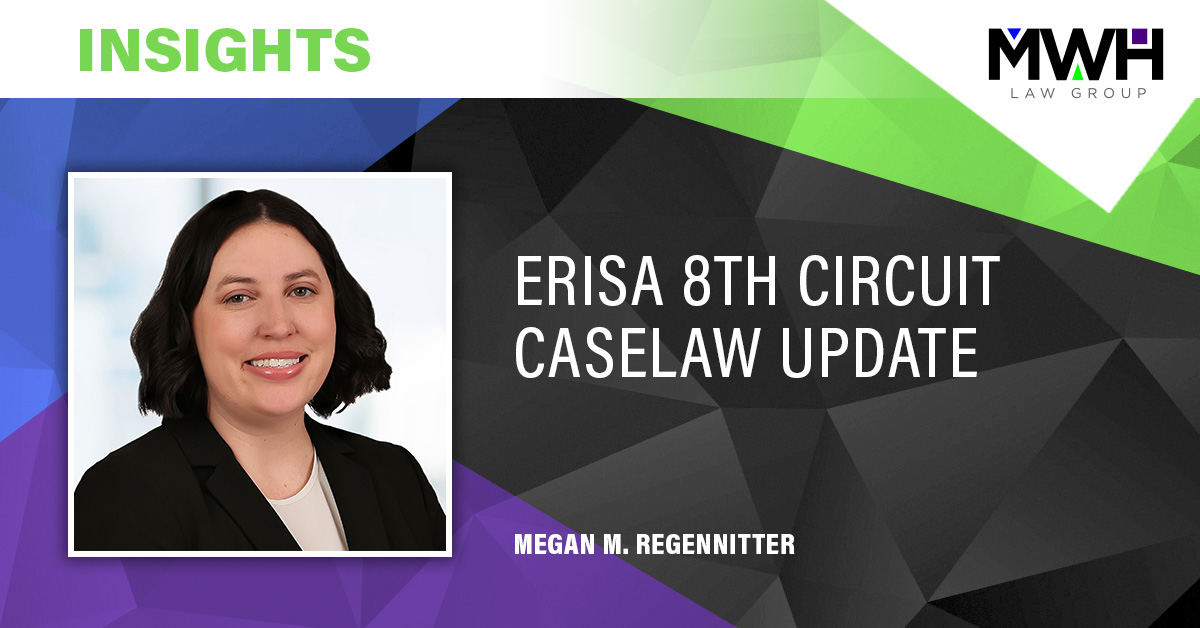ERISA 8th Circuit Caselaw Update: McIntyre v. Reliance Standard Life Ins. Co.

The Eighth Circuit Court of Appeals recently decided an Employee Retirement Income Security Act (“ERISA”) matter on appeal in McIntyre v. Reliance Standard Life Ins. Co.[1] The Plaintiff, Melissa McIntyre, sought long-term disability benefits under an employee benefit plan, pursuant to 29 U.S.C. § 1132(a)(1)(B). The district court originally granted Plaintiff’s motion for summary judgment, denying Defendant Reliance Standard Life Insurance Company’s cross-motion. Reliance appealed and the 8th Circuit reversed the district court’s ruling, granting Reliance’s summary judgment and denying Plaintiff’s cross-motion.
Substantively, the court’s analysis dealt with common conflict of interest arguments in ERISA matters, including whether claim handling is biased, or the claim review process contains systematic flaws. In its holding, the court concluded that the substantial weight of the evidence supported Reliance’s denial of LTD benefits,
This case also analyzed the impact of a delay in deciding a claim benefit appeal decision. Here, the court found that a total of 205 days and 149 days tolled while seeking medical records[2] did not amount to an “egregious procedural irregularity” and the delay was caused by “both McIntyre and Reliance.”
This case provides benefit administrators with helpful authority in cases involving conflict of interest or procedural delays.
This article is a publication of the MWH Law Group LLP and is intended to provide general information regarding legal issues and developments to our clients and other friends. It should not be construed as legal advice or a legal opinion on any specific facts or situation. For further information about your own situation, we encourage you to contact the author of the article or any other member of the firm.
[1] Nos. 21-3063, 22-1296, 2023 U.S. App. LEXIS 18556 (8th Cir. July 21, 2023).
[2] 29 C.F.R. § 2560.503-1(i)(1)(i), (3)(i), (4) require a plan administrator to respond to an appeal of an adverse benefits determination within 45 days of receipt; however, that period is tolled while the administrator seeks additional medical records.

